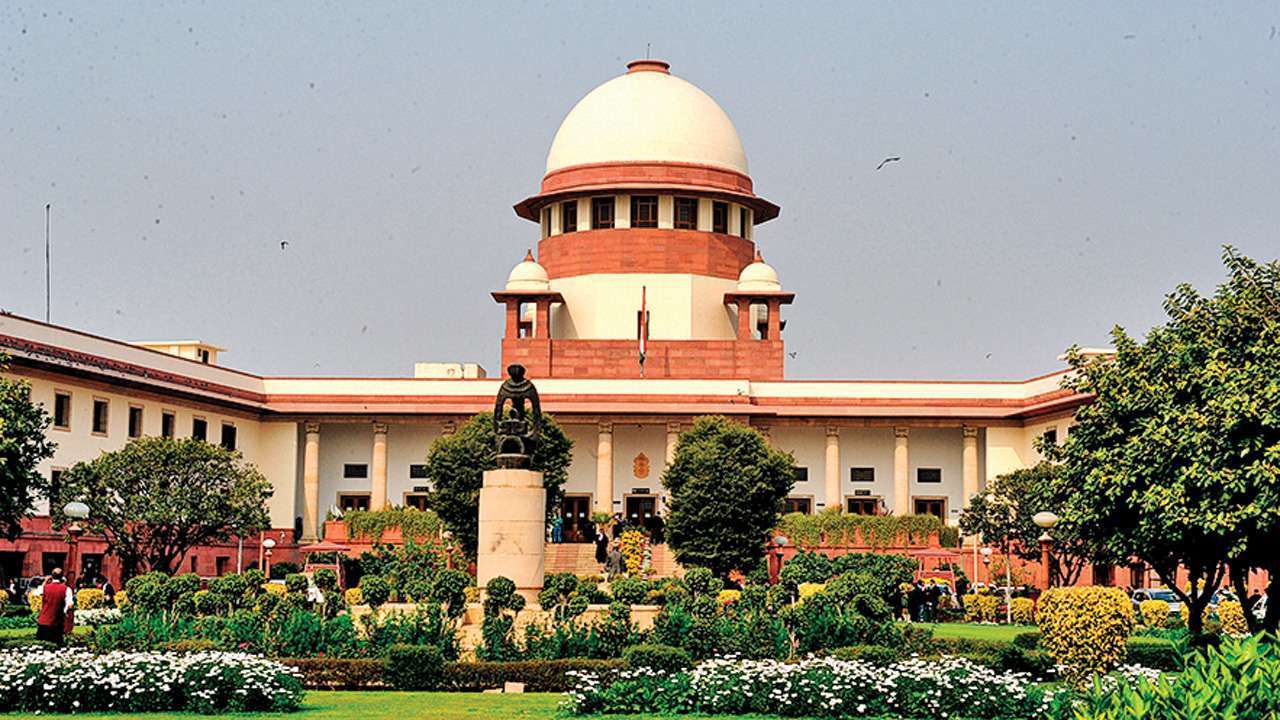Decriminalising Politics - Supreme Court issues directives and warnings
Unconditional apology by political parties and fine by Supreme Court will set a precedent
Taking a significant step towards mitigating the growing criminalization of politics in India, the Supreme Court has ordered that political parties have to make public the criminal records of all candidates within 48 hours of the candidate’s selection. This information has to be present on the website of the political party.
Earlier in February 2020, the Supreme Court had made the limit as either 48hrs after selection or two weeks prior to filing of nomination papers. This has now been curtailed to the 48hr limit, as parties were misusing the other option.
Fines on Political Parties
Giving its verdict on a petition asking for contempt proceedings against political parties for not obeying the February 2020 order of the Supreme Court, the apex court handed a fine of Rs. 1 lakh to the Congress Party and BJP along with five other parties. The Nationalist Congress Party (NCP) and CPM have been fined Rs. 5 lakh each for not following the order in the last election.
The earlier verdict also said that all political parties must explain why they chose candidates with criminal cases against them and disclose the details of the cases against them along with reasons for selecting such candidates.
While the CPI(M) and NCP have given unconditional apologies for not disclosing the criminal antecedents of their candidates in the Bihar assembly polls, the Election Commission had told the court that it would suspend their symbols in line with the order of the Supreme Court.
Disclosure in Newspapers and Electronic Media
The Supreme Court has also directed the political parties to give the details of the criminal cases and criminal background of the candidates on newspapers and sites with a larger reach. It has also directed the parties to give the information on electronic media. This has been mentioned specifically, since the apex court noted that earlier such information was given on media platforms that had a significantly lower reach, in order to avoid the contempt of court.
Cases against MLAs/MPs
Chief Justice of India NV Ramanna has directed the registrar generals of all High Courts that cases against MLAs or MPs from the state have to be presented to the Chief Justice of the respective High Court. Without the order from the Chief Justice of the High Court, the cases against the MLA/MP cannot be taken back.
Source: Media reports
To join us on Facebook Click Here and Subscribe to UdaipurTimes Broadcast channels on GoogleNews | Telegram | Signal



